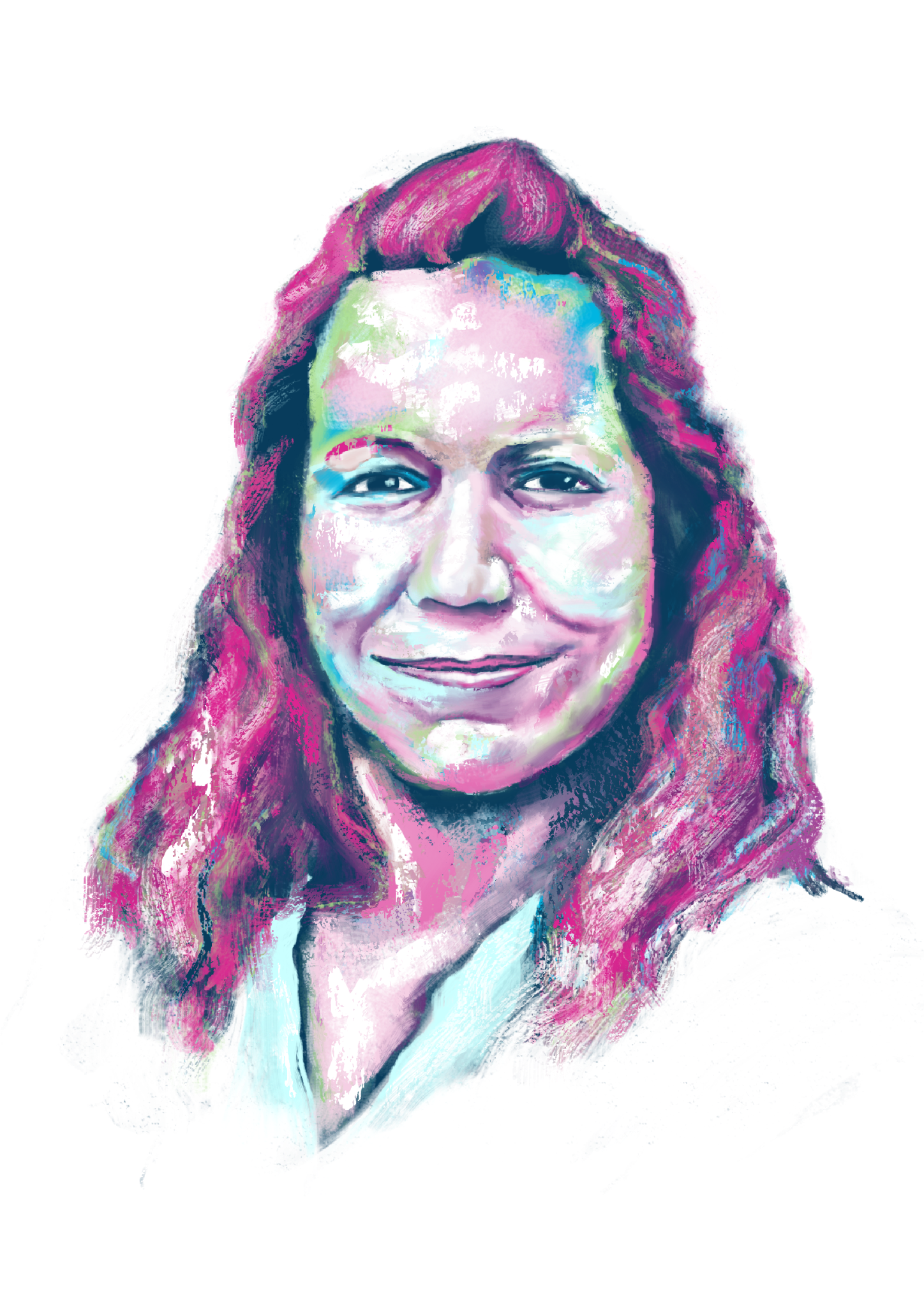Jelena finds it difficult to breathe as her lungs do not function properly. Unlike someone who has a more common condition, such as asthma, Jelena does not have a large choice of treatment options because the disease she has, Cystic Fibrosis, is rare.
Caused by a genetic mutation Cystic Fibrosis is a multisystemic disease that leads to the build-up of thick, sticky mucus, especially in the lungs and the digestive tract. In the lungs, this mucus can interfere with breathing, and make patients more susceptible to respiratory infections.
Compared to asthma which affects over 260 million in the world, Cystic Fibrosis affects only 100 thousand people – that’s quite a difference; and because of this difference in prevalence, Jelena’s condition is less researched and has fewer treatments, and medication to treat it is less readily available. Even if a new medication is developed in one part of the world, the chances of it being available in another are small.
That’s what happened to Jelena. She has been unable to benefit from a new kind of treatment that has the potential to greatly improve and prolong her life. The medication was developed in the United States, and Jelena can’t access it simply because she lives in Serbia.
Jelena was diagnosed with Cystic Fibrosis when she was a baby, but ever since she has been determined not to allow it to hold her back. Managing the disease is a very complex affair. There is an abundance of medications and techniques to enable the lungs to work properly as well as to prevent intestinal blockage. However, these need to be provided by a range of different medical specialists, many of whom are scarce or do not have sufficient expertise to treat people with rare diseases.
Thus far, the healthcare system in Serbia has had limited funding, fragmented services, and technology gaps when it comes to rare diseases. Research data on these diseases has been very limited. So, people like Jelena who have rare disease requirements are often left on their own.
With such a lack of understanding about diseases like CF within a society, including public services, people with rare diseases feel isolated, especially when others don’t see the disease or simply take it for a cough.
Jelena sometimes finds it difficult to even get out of bed due to the fatigue. Frequent treatment means taking regular time-off, but her determination not to let the disease get in her way helped her graduate from university with a degree in Economics, Finance and Banking, even though it meant making some sacrifices concerning her health.
Despite these sacrifices, Jelena has also been realistic about her situation. For her, Cystic Fibrosis is a way of life and so her chosen path and vocation must reflect that. Today, she is a financial advisor at the Administration of the city of Belgrade.
“When you have Cystic Fibrosis, you must have a tremendous will to live, in order to achieve something in life,” says Jelena. “You even have to be brave enough to cheer on your family when it comes to your problems!”
Jelena’s disease hasn’t stopped her from living a full life. She likes traveling, walking, and being outdoors with her husband and friends.
“Although our biggest limitation is that we cannot have children until innovative therapy is available, I am grateful I’ve have managed to find a soul mate who goes hand in hand with me through the fight against cystic fibrosis,” she says.
Jelena is also a member and current Vice President of the Association for Help and Support to people with Cystic Fibrosis of Serbia. She advocates for better treatment of adults with the CF, better understanding of the disease and its side effects, increased state funding for basic treatment and social support for people with CF.
“I’ve dedicated myself to this fight so that all patients with Cystic Fibrosis in Serbia get access to treatment and innovative therapy,” says Jelena. “I want to ensure they have help to solve the problems they face and someone to listen to them and advise them.”
